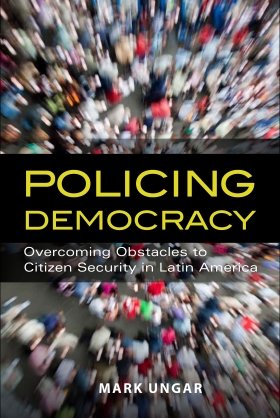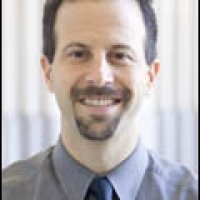Policing Democracy: Overcoming Obstacles to Citizen Security in Latin America

-
Latin America’s crime rates are astonishing by any standard—the region’s homicide rate is the world’s highest. This crisis continually traps governments between the need for comprehensive reform and the public demand for immediate action, usually meaning iron-fisted police tactics harking back to the repressive pre-1980s dictatorships.
In Policing Democracy, Mark Ungar situates Latin America at a crossroads between its longstanding form of reactive policing and a problem-oriented approach based on prevention and citizen participation. Drawing on extensive case studies from Argentina, Bolivia, and Honduras, he reviews the full spectrum of areas needing reform: criminal law, policing, investigation, trial practices, and incarceration.
Finally, Policing Democracy probes democratic politics, power relations, and regional disparities of security and reform to establish a framework for understanding the crisis and moving beyond it.
Mark Ungar is a professor of political science at Brooklyn College and a professor of criminal justice at the Graduate Center of the City University of New York. He has held several important fellowships, worked with international organizations such as the United Nations, and directed projects on community policing and on prison reform in Latin America. Ungar was a Fellow at the Woodrow Wilson Center in 2004–5.
A book launch and discussion was held at the Wilson Center on May 2, 2011.
Author
 Mark UngarFormer Fellow;
Mark UngarFormer Fellow;
Associate Professor, Brooklyn College- City University of New YorkBrowse Insights & AnalysisExplore More
Browse Insights & Analysis
Greenland’s New Governing Coalition Signals Consensus
Posted date/time:
Myanmar’s Junta and the 2026 Elections: A Fig Leaf for Legitimacy?
Duration:15.24Posted date/time:
Imamoglu’s Arrest Sparks Nationwide Unrest and Raises Fears for Turkish Democracy
Duration:2:32Posted date/time:
